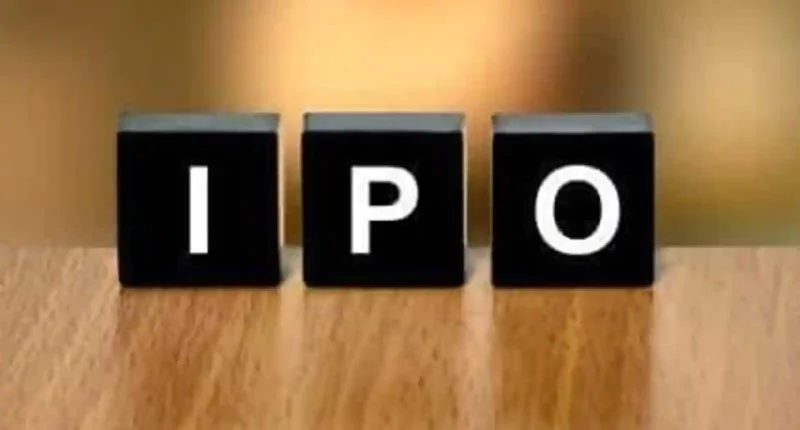Capital markets regulator SEBI has modified the initial public offering (IPO) rules with an aim to reduce the risk of false applications. The circular states that only those applications in public offers would be uploaded to the exchanges platform and considered valid if the supporting funds are blocked in the investor’s bank accounts.
Currently, bidding for IPOs is done through the Application Supported by Blocked Amount (ASBA) facility, whereby the subscribed money is blocked and is debited from an investor’s bank account only after the allotment of shares. However, in practice, Qualified Institutional Buyers (QIBs) and High Networth Individuals (HNIs) are given some leverage, and their funds are blocked within a day or two after the bids have been submitted.
The market regulator believes that some of the large institutional investors and high net worth individuals do not seriously bid in an IPO and later withdraw their money, seeing the response in the grey market. This leads to inflated figures of subscription numbers for the IPO. Retail investors often consider the response of QIBs and HNIs bidding for the IPO. The higher bids from QIBs and HNIs attract more retail investors to subscribe to the issue.
SEBI observed that in some of the recent IPOs, certain applications had to be cancelled as bidders didn’t have sufficient funds in their bank accounts.
Hence, SEBI had made it mandatory to block the investor’s bank accounts for the application money before processing public issue applications. It will be applicable for all categories of investors-retail, QIBs, HNIs or Non-Institutional Investors (NIIs), and other reserved categories and also for all modes through which the applications are processed.
The new framework would apply to all IPO issues opening on or after 1st September 2022.
For any clarifications/feedback on the topic, please contact the writer at namita.shah@cleartax.in

I’m a chartered accountant and a functional CA writer by profession. Reading and travelling in free time enhances my creativity in work. I enjoy exploring my creative side, and so I keep myself engaged in learning new skills.





